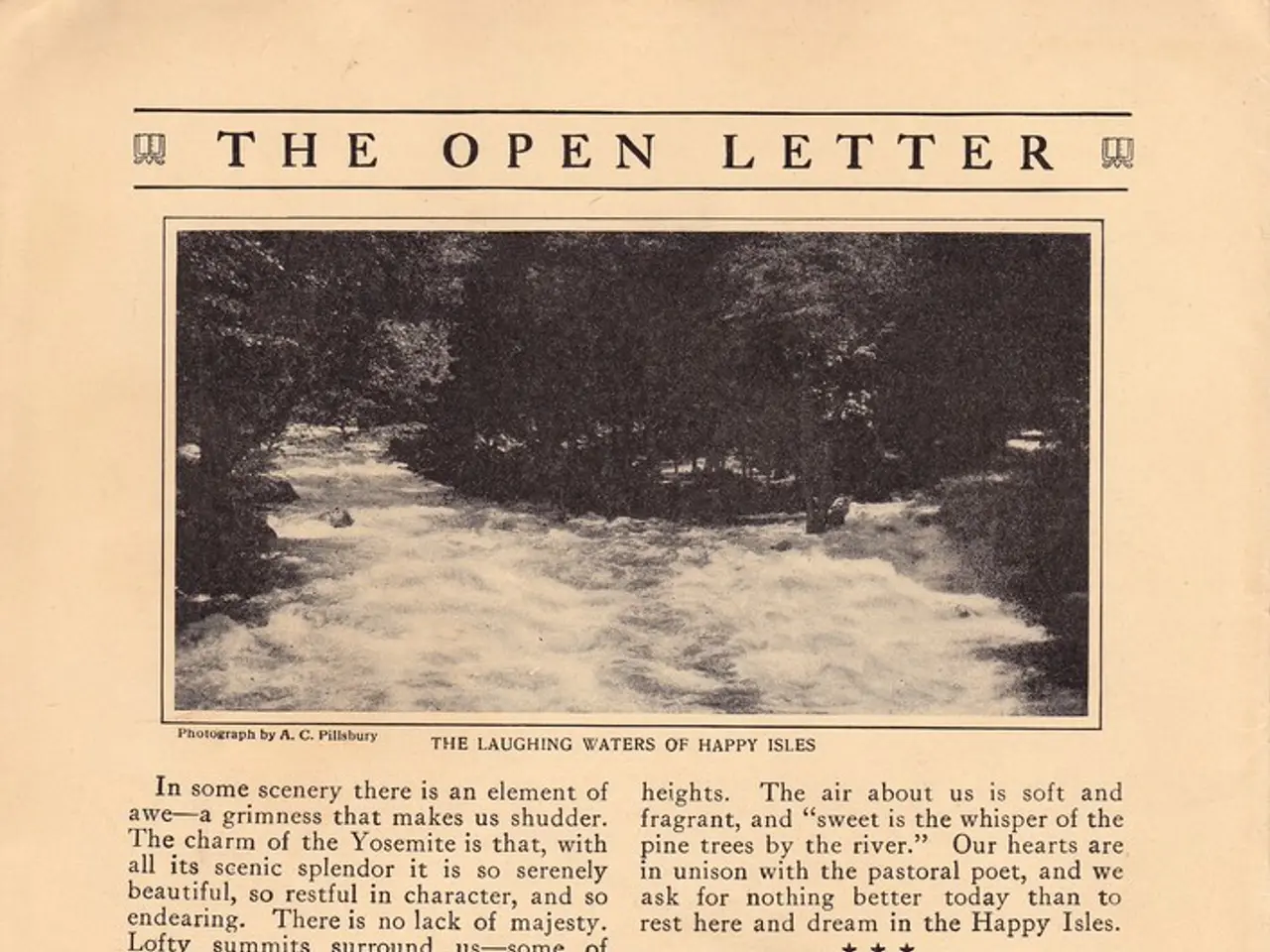Criticism by Estonia's Interior Minister, Taro, over Poland's border control measures with Germany and Lithuania
In a recent telephone conversation with his Polish counterpart, Tomasz Siemoniak, Estonia's Interior Minister Igor Taro expressed concern over Poland's decision to reintroduce border controls with Germany and Lithuania. This move, according to Taro, undermines the core principle of the Schengen Area — the free movement of people across internal borders.
The Schengen Area, which normally does not require fixed personnel controls at internal borders, has been facing challenges due to the ongoing war in Ukraine and associated hybrid threats such as espionage and cyberattacks. Poland's decision to temporarily reinstate border controls with Germany starting from Monday, and its plans to do the same with Lithuania, could signal growing uncertainty and potential fragmentation within the zone.
Taro emphasised the need for a clear and unified position against allowing Russian citizens who fought in the Ukraine war to travel freely within Schengen, highlighting the security risks they pose. He suggested focusing on innovative solutions to avoid migration pressure rather than restricting the Schengen area.
The implications of Poland's border control measures extend beyond the immediate region. Reintroducing border checks could complicate cross-border movement for citizens and goods between EU countries such as Poland, Germany, Lithuania, and Estonia, potentially disrupting the principle of passport-free travel that underpins Schengen.
Moreover, the move may encourage other member states to adopt similar controls, which could lead to reduced trust and cooperation within Schengen on border management and security. The Baltic and Nordic countries, including Estonia, are calling for stricter controls specifically on Russian military and associated personnel to maintain security, a position that contrasts with Poland's broader border check approach but shares the same concern over security threats.
Despite his criticism, Taro has offered support to Poland, stating that the reintroduction of border controls should be as short as possible and should not affect all border crossers. He is ready to provide experts and equipment if needed.
This is not the first time Taro has expressed his views on the matter. In the past, he has been vocal about the need to maintain security within the Schengen Zone while preserving its foundational freedoms.
The article is sourced from ntv.de and dpa.
[1] Source 1 [2] Source 2 [3] Source 3
- The concern over Poland's decision to reinstate border controls with Germany and Lithuania, as expressed by Estonia's Interior Minister Igor Taro, underscores the ongoing political debates and general-news associated with the Schengen Area's community policy, particularly regarding securing national borders while preserving the free movement of people.
- The Baltic and Nordic countries, including Estonia, have called for stricter controls on Russian military and associated personnel, a position that aligns with the need for security within the Schengen Zone, a topic often discussed in the realm of politics and general-news.








